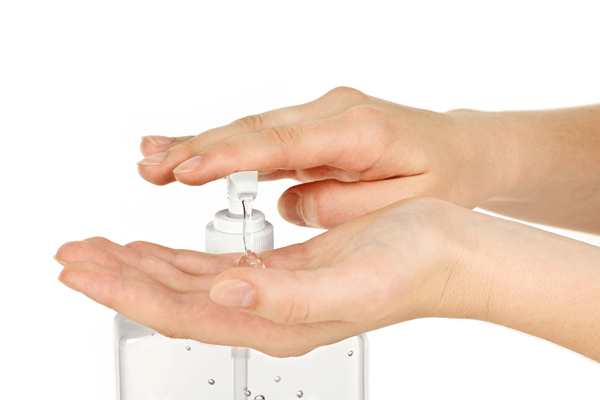Are Vegan Diets Better?
The Diets War - Volume 1 I was recently interviewed for an article in Connecticut Magazine, asked about my thoughts on a vegan diet... and I wanted to expand upon the topic. The internet is full of recommendations and admonitions about what you should eat, and you don’t have to look around very long to realize many of these claims directly contradict each other. So how do you make sense of it all? Start by remembering what people most often forget: there is no one single healthy diet that is best for everyone. Different health conditions require different diets, and






